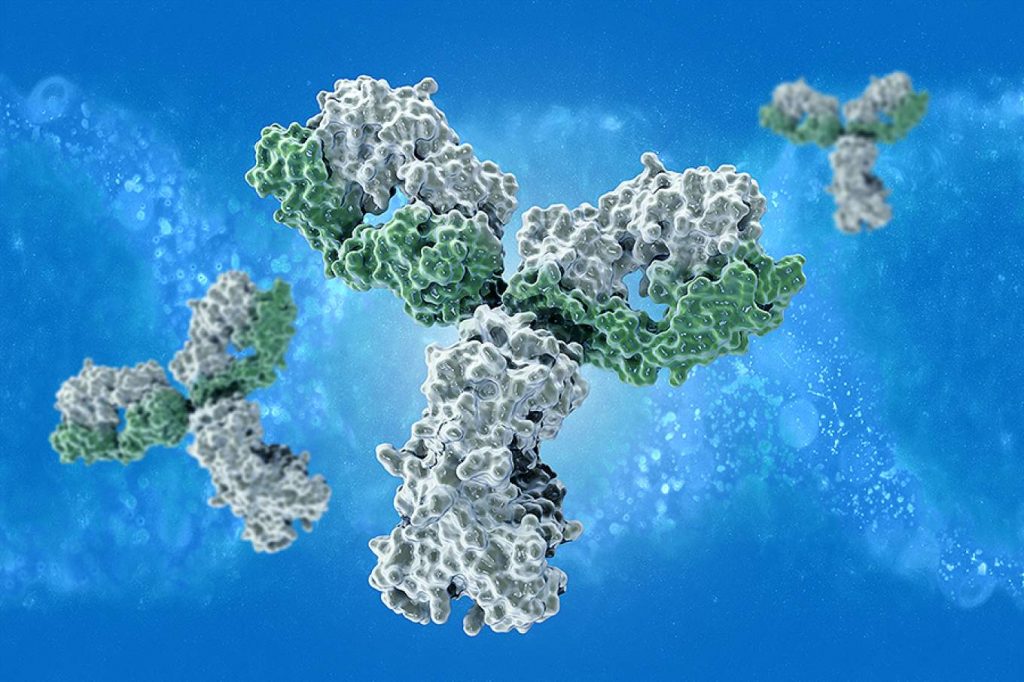The immune system is a powerful defence system that protects us from life-threatening infections, but it can also fight things trying to help us heal. Therefore, a new preclinical treatment that employs a form of “reverse vaccine” to train the immune system to ignore specific drugs or chemicals could prove beneficial.
The immune system’s tremendous capabilities can cause allergies or limit treatment efficiency by mistakenly attacking harmless molecules, proteins, or enzymes in drugs, food, or the environment. In addition, it may target cells in our body, resulting in a range of autoimmune diseases.
Therefore, if vaccination improves the immune system’s response to a particular target, could this process be “reversed” to establish a resistance to beneficial things? For their latest study, researchers at Buffalo University investigated the exact same thing.
The researchers centred on two specific diseases whose treatments are often hampered by the immune system. Hemophilia A is a disease in which blood clots do not develop effectively, and therapy involves the use of clotting drugs known as Factor VIII, which can be rendered ineffective by the immune system. Similarly, Pompe is a rare genetic disorder characterized by muscle weakness caused by low levels of an enzyme known as GAA. If the immune system destroys the enzymes, which it invariably does, enzyme replacement therapy can be helpful.
“The safety and effectiveness of several life-saving therapeutic drugs are compromised by anti-drug antibodies,” says Sathy Balu-Iyer, a lead study investigator. “Once antibodies develop, clinical options available for patients become expensive and, in several cases, ineffective.
A fatty acid known as Lyso-PS is proved beneficial in previous studies. When combined with therapeutic proteins, the fatty acid aids the immune system’s ability to withstand the drug. In the recent research, the Buffalo team produced a Lyso-PS nanoparticle with the appropriate fit and characteristics to be quickly taken up by cells.
The researchers put the combination to the test in mice with haemophilia and Pompe disease, delivering the nanoparticles with the standard therapy proteins. In fact, the nanoparticles prevented antibodies against the Factor VIII protein from developing in 75% of hemophilic mice, while most Pompe mice had significantly lower levels of anti-GAA antibodies. Both intravenously and orally injected medications were effective.
According to the study, this course of treatment could be used to treat allergies, autoimmune illnesses, and other drug therapies in the future, in addition to the two diseases studied.
“Instead of attempting to reverse the anti-drug antibodies, which is highly challenging, clinical treatments that prevent antibody development may be a more effective strategy,” says Nhan Hanh Nguyen, author of the study. “Our approach is based on the rationale that pre-exposure of a protein in the presence of Lyso-PS teaches the immune system not to mount a response.”
The findings of the study were reported in the journal Scientific Reports.
Source: University at Buffalo

